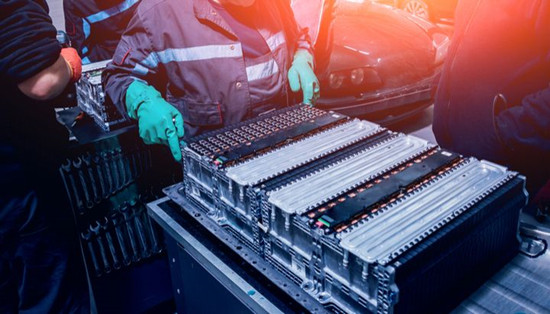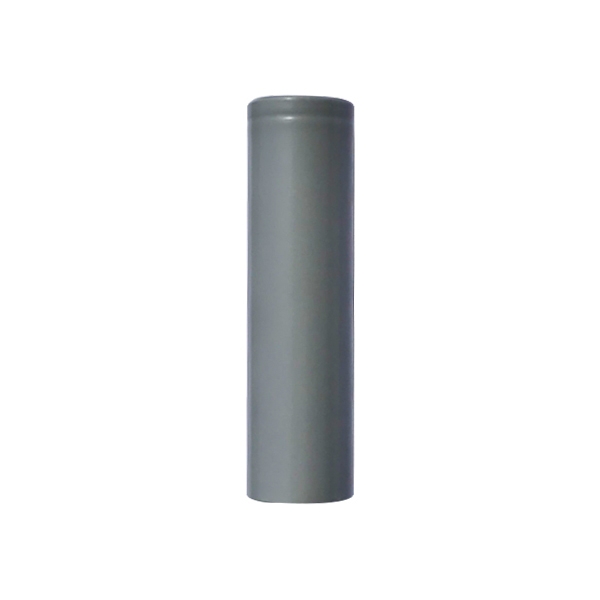Over discharge of lithium ion battery
Sep 25, 2019 Pageview:1620
Batteries must be properly maintained because they form an integral part of the mobile devices or heavy-duty machines we use. And unlike our other tools, machines, and devices, battery technology has not evolved as fast as the other technologies. And, unfortunately, there is a lot of misinformation about batteries.
Some of the numerous myths are from the old battery technologies and they are actively damaging when they are applied to the new battery technologies. For instance, there is a lot of misinformation as to if Nickel-based batteries should not be fully discharged, or if lithium batteries must not be completely discharged. So, we’ll start from debunking the myth of fully discharging lithium-ion batteries.
Is it ok to fully discharge a lithium-ion battery?
While it is ok to fully discharge NiCD batteries, you may not completely discharge Lithium-ion batteries.
The old NiCD and NiMH batteries had what is known as a "memory effect" so they can be completely discharged from the 100% to 0% mark in other to maintain their capacity. But modern devices make use of lithium-ion batteries. These batteries work differently and they do not have a memory effect. The complete discharging of a lithium-ion battery even hurt the battery and its performance in the long run. So, to make the battery remain in its optimal state, ensure you perform shallow discharges. This means that you should use the battery to around 70% to 40% and then recharge the battery. For instance, it is bad for the battery health if you always use it below the 20% mark, except of course, in rare circumstances.
If you need to discharge the battery at 50%, ensure to charge it, then you discharge it to the 50% point again. With modern lithium-ion batteries, this is considered a single "cycle". So, you do not have to worry about the shallow discharging.
As for shallow discharging, there is only one problem it can bring. Let’s put Laptops in perspective, they may be slightly confused by shallow discharge and they are likely to consequently display an incorrect estimate of the usage of the battery charge remaining in the device. It is recommended by laptop manufacturers a completely discharge the battery about once every month, to recalibrate the estimation of the battery life of the device.
Do not allow the battery to be in a completely discharged state for a long time. Ideally, your battery shouldn’t discharge very often to zero. If this happens, however, it must be recharged as soon as possible. You may not have to run to a wall socket whenever you run out of battery juice on your device, but you should not abandon it in the home (for say a week or two) without charging it. If you leave the battery fully discharged and leave it uncharged for some time, the battery may find it difficult to hold a charge whenever you charge it, and it may even never come up, meaning it’s dead completely.
What is over-discharging?
When a battery is over-discharged (usually called deep discharge), it is the point where the amount of electric charge discharged is about 1.5 to 2.0 times greater than the rated capacity of the battery. As a result of this, an over-discharged battery will require a longer period to charge than it usually should. Note that, the charge current accepted by an NP battery that has been over-discharged will be too low during the first charging phase due to internal resistance. But that won’t continue for long as it will increase rapidly (approximately) over the first 30 minutes. This increase will continue until the internal resistance has been completely overcome, and the battery returns to normal, then the normal charging characteristics of the battery will resume.
What happens when you overcharge a lithium-ion battery?
This is one of the tricky questions we get, and we will answer it putting a few devices in perspective. The overcharging of lithium-ion batteries is not a problem for the battery and it does not always affect the life of the battery. These batteries can be recharged more than 300, and up to 500 times. And most times, they have an internal circuit which stops the charging process once the battery is full. This control system ensures the battery avoids overcharging, which can bring about the overheating of lithium-ion batteries and even cause it to go on fire. As a result of this technology, lithium-ion batteries are more expensive. There is just one way to overcharge the lithium-ion battery, and that is if the charging system stops working properly and the battery begins to heat up as it is being charged.
If you do not intend to use your laptop for a long time, you may improve on the life of the laptop's lithium-ion battery by keeping or storing it at 50% of its charge. When you leave or store a fully discharged battery for a long time, it tends to lose its charge capacity. On the other hand, a fully charged battery will discharge when not in use for a long time, and this makes them lose their effectiveness. For this reason, it is recommended to discharge your lithium-ion battery to about 50% of the charge before turning it off to store. If you completely discharge your lithium-ion battery, its storage ability and capacity will be reduced. Store the battery in a cool and dry place and ensure you don’t store the battery or device for a long time when fully charged.
As for your smartphones, it is quite similar. Most experts agree that smartphones are so smart that they do not allow an overcharge to happen. There is an extra security chip in the device which prevents overcharging in smartphones and tablets. As soon as the internal lithium-ion battery reaches 100% of its capacity, the charging process is stopped.
If the smartphone is left connected to the wall or a source of electricity during the night, it consumes a small amount of the energy it has stored, and once the capacity drops to 99%, it starts charging again.
- Prev Article: How to Discharge a Lipo Battery for Disposal
- Next Article: Can you charge lithium batteries with nimh charger?
Leave Message
Hottest Categories
-
Hottest Industry News
-
Latest Industry News











